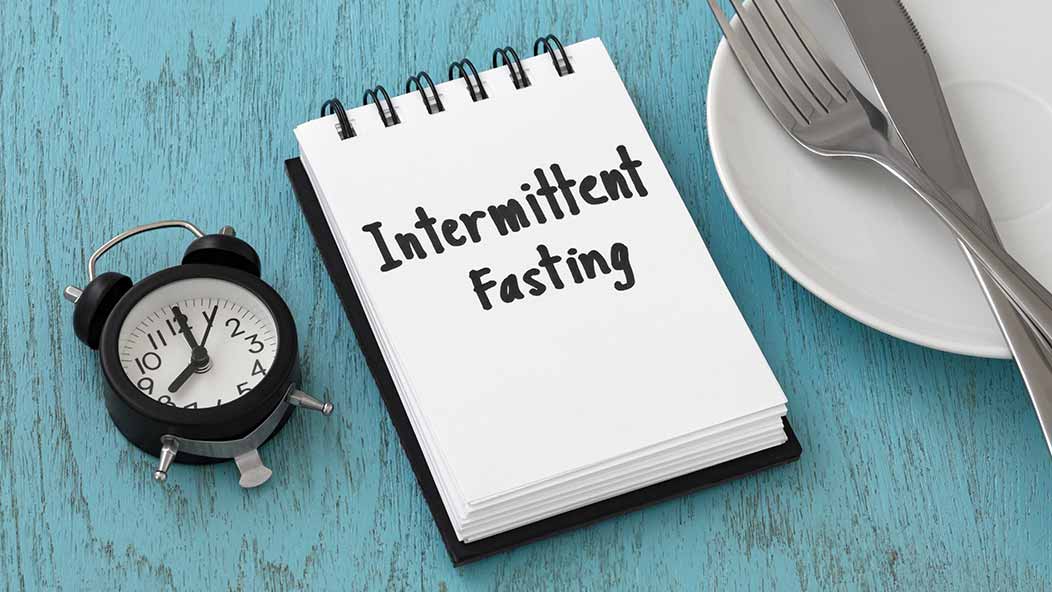- MOTIVATION
- 4 min read
Unlocking Intermittent Fasting
OJC
21st Nov 2023
Unlocking Intermittent Fasting: Health and Weight Management
Posted by Mercie Migadde on November 20th, 2023
Introduction
In a world where diets come and go, intermittent fasting has emerged as a popular and effective strategy for weight management and overall health improvement. So, what exactly is intermittent fasting, and is it safe? Let's dive into this approach, exploring its basics, benefits, and possible downsides.
Understanding Intermittent Fasting
At its core, intermittent fasting (IF) isn't about what you eat but rather when you eat. It's an eating pattern that alternates between periods of eating and fasting. Unlike traditional diets that focus on specific foods or caloric intake, intermittent fasting revolves around cycles of eating and fasting, allowing the body to utilize stored energy more efficiently.
Is It Safe?
Intermittent fasting, when done correctly, is generally safe for most healthy individuals. However, it's essential to approach it sensibly and consult a healthcare professional, especially if you have underlying health conditions or are pregnant.
The Health Benefits
Intermittent fasting isn't just about shedding pounds; it offers a multitude of health benefits. Some of the most notable advantages include improved insulin sensitivity, reduced inflammation, enhanced brain health, and lower risks of chronic diseases like heart disease and diabetes.
Weight Loss Factor
One of the key reasons for intermittent fasting's popularity is its efficacy in weight management. By restricting the eating window, the body enters a state of mild stress, prompting it to burn fat for energy more efficiently. Combined with a healthy diet and regular exercise, intermittent fasting can aid in weight loss.
Types of Intermittent Fasting
Several approaches fall under the umbrella of intermittent fasting:
The 16/8 Method (Time-Restricted Eating): This involves fasting for 16 hours and restricting eating to an 8-hour window each day. It's often considered the most accessible method for beginners.
The 5:2 Diet: This involves eating normally for five days a week and significantly reducing calorie intake (usually around 500–600 calories) for the remaining two non-consecutive days.
Alternate-Day Fasting: This approach involves alternating between days of regular eating and days of very restricted calorie intake, or complete fasting.
Eat-Stop-Eat: This method entails a complete 24-hour fast once or twice a week, with no calorie intake during the fasting period.
What It Entails
During the fasting period, the body undergoes several metabolic changes. Initially, it uses up stored glucose for energy. After this energy is depleted, the body starts breaking down stored fat for fuel. This process is known as ketosis, where the body produces ketones as an alternative energy source.
Pros of Intermittent Fasting
Simplicity: It doesn't require specific meal plans or complicated rules.
Weight Management: Effective for weight loss and weight maintenance.
Health Benefits: Improves heart health, enhances brain function, and reduces the risk of chronic diseases.
Cons of Intermittent Fasting
Initial Challenges: Adapting to fasting periods might be difficult initially.
Not for Everyone: May not be suitable for individuals with certain health conditions or those on specific medications.
Potential for Overeating: Some people may overcompensate and consume more calories during eating windows, offsetting the benefits.
Conclusion
In conclusion, intermittent fasting is a promising strategy for weight management and overall health improvement. When done correctly and combined with a healthy lifestyle, it can offer numerous benefits. However, it's essential to approach it cautiously, listen to your body, and consult a healthcare professional before embarking on any fasting regimen.